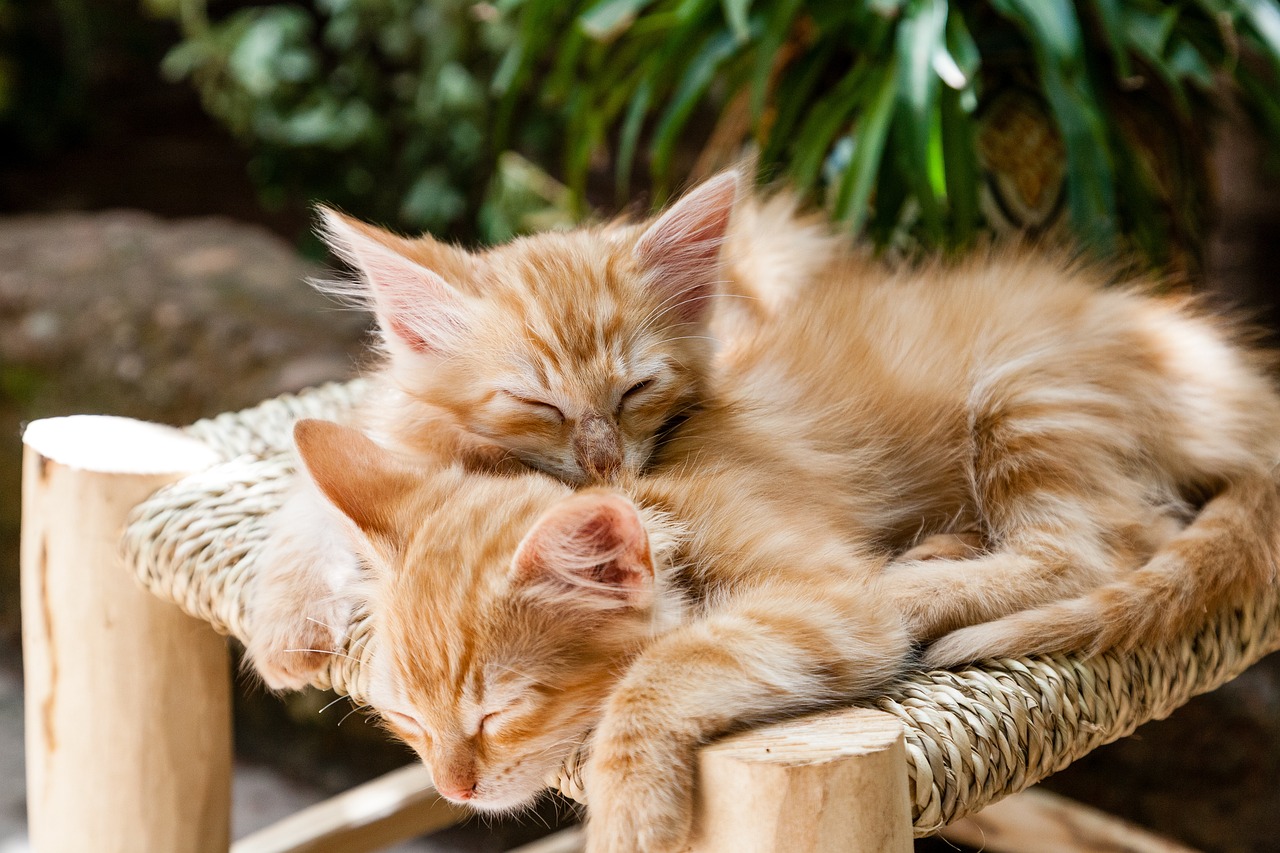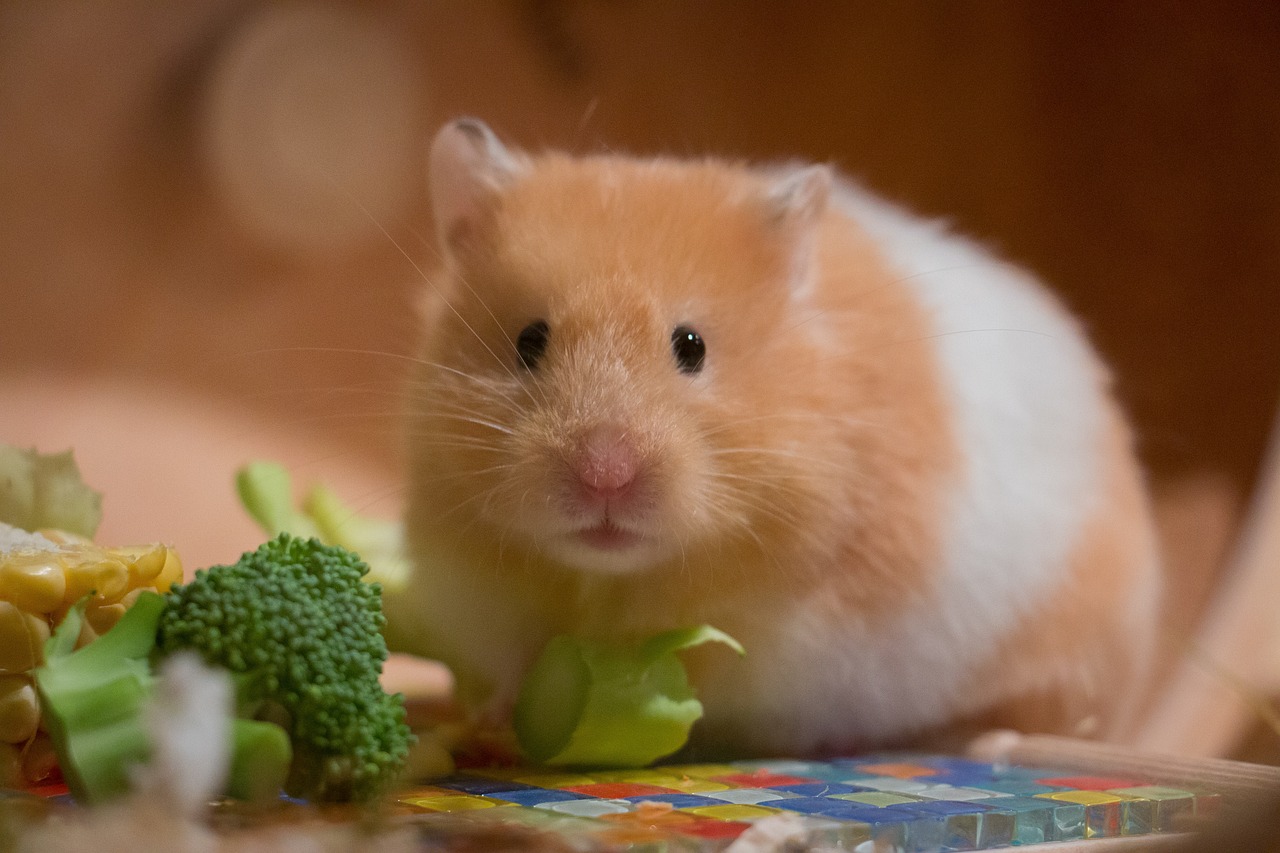
Last Updated on 1 year by Robert Smith
Wondering how to take care of newborn kittens? Worry not. We’ve got you with this guide. When that adorable cute round face with beady eyes stares into the depth of your soul and you just can’t help it but want the best for them. Kittens are amazing creatures that bring out the responsible aspect of our lives. A newborn kitten in particular is a delicate creature that we have to handle with care, in order to ensure that they grow up into amazing felines. It can be quite a challenge for people without experience to handle newborn kittens. In fact, some people may ask, “How do you take care of newborn kittens?”
Well, with the right set of tips and tricks, it is possible for anyone to take care of a newborn kitten. For starters, it all begins with early preparation. A warm bed, some good food, and love is a great way to begin your friendship. However, this is an abstract way to look at it. In order to combat this topic in such a way you won’t end up harming your feline companion, we have to deep dive into the incredible lives of these amazing feline younglings. Strap on as we take a ride into the world of these adorable animals and look into the best ways to care for them.
Diet And Nutrition
For a newly born kitten, mother’s milk is really important. In the first four weeks of these younglings’ lives, mother’s milk plays a crucial role in providing the essential nutrients and antibodies that help in growth and immunity. If the mother is not around, then you have a dilemma that can be solved in several ways. Nursing cats can serve as an alternative for your feline companion. The odds of getting a nursing cat may not be in your favor though, so you can get a specially crafted formula designed to replace mother’s milk.
With this replacement formula, ensure that you feed the kitten regularly, normally after every 2-3 hours. The reason for this is simply because their tiny stomachs can’t hold large amounts of food. You should also provide a substantial amount of water, in order to ensure the adorable youngling is well-hydrated. At 3-4 weeks of age, you can then start gradual weaning where you introduce solid food. This is the foundation to introducing balanced kitten food, which should be rich in nutrients like protein, vitamins, minerals, and fatty acids. These steps will help your young feline grow and lead a healthy and happy life.
Grooming
Grooming these adorable younglings may be quite peculiar compared to grooming adult cats. As this process ensures that the kittens are clean and are not exposed to infections, it is important for their health and well-being. As a bonus, this process will also help in bonding with your new friend. The first step is to always ensure that you are handling them gently. This way, they can be accustomed to you and won’t feel anxious or scared around you. Newborn kittens will tend to have discharge around their face or eyes which you can clean with a warm, damp cloth to gently wipe their face. It is important that you start from the inner corners moving towards the outside of the eye.
Hurrah!!, you helped prevent eye infections. Cleaning their anal area with similar cloth or tissue is also a great way to ensure they are clean and free of feces. In fact, both these processes mimic the grooming process a cat mother would do, increasing the kitten’s trust in you. Because they are very young, you also have to ensure that they are constantly warm. Being newborn also means the kittens are unlikely to urinate or defecate on their own, so you will have to stimulate this by gently stimulating their genitals. Whether you bathe them, brush them or trim nails, you have to do it in moderation as overdoing it will only harm them.
Socialization
You may consider this an unrealistic goal, considering that they are just newborn kittens. Well, this is the first step to preventing disasters like euthanization that can happen to house pets with no discipline. When you handle them gently at this young stage, then technically you have begun the process. For one, they will get accustomed to human touch and won’t hiss or scratch when someone approaches them. It is important that you start handling them from 2-3 weeks, but if they don’t have a mother, then you have to care for them before they even open their beady eyes.
It is also very important that you regularly spend time with them every day. Stroke their adorable fur and even play simple games with them as they grow. Ensure that you give them the opportunity to explore their surroundings. You can also introduce new stimuli so that they can gradually get accustomed to it. This can be introducing them to your children, taking it to the vet or just exploring your neighborhood. To achieve great success, you can use positive reinforcement to make their learning process smooth. In the end, your feline youngling will grow up to be a respected member of the cat and human family.
Troubleshooting Problems

Newborn kittens are bound to cause some challenges, considering how delicate they are. Knowing how to deal with this can set the foundation for a healthy and playful kitten. Newborn kittens are susceptible to hypothermia. Don’t be shocked when you see your feline friend trembling, all you have to do is provide them with a source of heat. Warm blankets or a heating pad will get their temperatures all right again. However, if the symptoms persist it may be necessary to consult a professional, like going to the veterinarian.
Loving these animals means that sometimes we can be too careful and end up underfeeding them, or be too generous and overfeeding them. It is important that you research the age of your kitten and the adequate amount of food that they require. Being vulnerable to illnesses, you will also have to monitor them closely for any significant changes. In most cases, regular veterinary checkups can help with detecting such. Of course, the dreaded litter box training will also be a challenge you will have to conquer by constant monitoring and positive reinforcement.
Frequently Asked Questions
How do you take care of a newborn kitten at home?
To take care of a newborn kitten at home, you first have to ensure that they are comfortable. This also includes where the kittens sleep and spend more time. You can do this by providing a warm environment that is free from noise. The temperature should be around 29-32C constantly, as kittens are susceptible to hypothermia.
What do newborn kittens eat?
Newborn kittens can be fed specially crafted formulas that serve as mother’s milk replacers. Kittens cannot digest cow milk, so it should not be given to them in great amounts. Solid foods should also not be given to them until they are four weeks old.
What to do for newborn kittens?
To newborn kittens, you should provide a warm and peaceful environment. Ensure that they are nursing or being fed crafted formulas if the mothers are not around. You should handle them gently and keep monitoring them for any signs that may result in illnesses, malnutrition or being overweight.
How do you take care of a kitten after birth without a mother?
A newborn kitten with a mother should be constantly kept warm. Specially crafted formulas that serve as mother’s milk replacements can be fed to them through syringes. Monitor the kitten’s growth and development constantly to ensure you seek veterinary attention in case of anything.
How long can baby kittens survive without their mother?
Newborn kittens that are less than one week old have a slim chance of survival, as Newborn kittens rely on their mother for survival. If measures are taken and proper care is given to them, newborn kittens have an increased chance at survival.
Conclusion
Having the tiny ball of fluff gently walking on your lap can bring you great joy. Being responsible for this miniature-sized lion is one of the most fulfilling duties that you will ever have. Being the delicate creatures that they are, this journey will not necessarily be a smooth journey. You are bound to be frustrated at some point or even worried at some point. All this concern for your furry youngling can be overcome when you embark on the guide above, and choose to handle the newborn kitten as shown.
When it comes to these newborn kittens, you first have to prepare where they will stay. The place has to be warm since they are generally susceptible to hypothermia. You can follow up by ensuring they get the necessary nutrients. If the mother cat is not around, you can acquire a crafted formula designed for kittens. After some time, you can introduce solid nutritious food. It is also important to ensure that the furry companion is regularly groomed and properly socialized. This way, you will be looking after their overall health and well-being.



